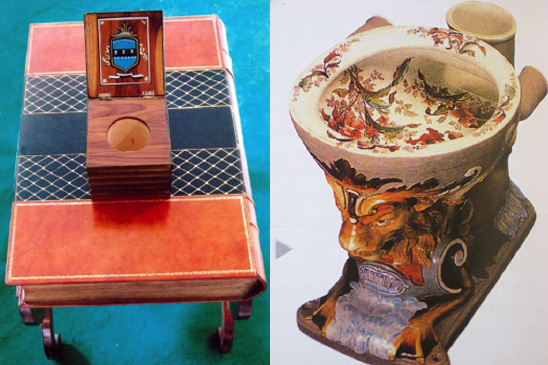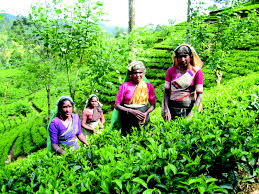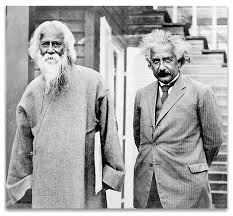Inspired by the ideas of sociologist and social activist Dr. Bindeshwar Pathak, the museum aims at: educating students about the historical trends in the development of toilets, about the design, raw materials, and technologies adopted in the past and those in use in the contemporary world; and at helping policy makers and sanitation experts understanding the efforts made by their predecessors in this field throughout the world and solving present problems in the sanitation sector.
The museum showcases the development of the toilet system of the last five thousand years: from the third millennium B.C. to the end of the 20th century.

Displaying above Book Shelf Type French Toilet and colorfully Decorated Victorian period toilet
The museum can be found at:
Sulabh Bhawan, Palam Dabri Marg, Mahavir Enclave, Palam, New Delhi, DL 110045
For more informations click here.


